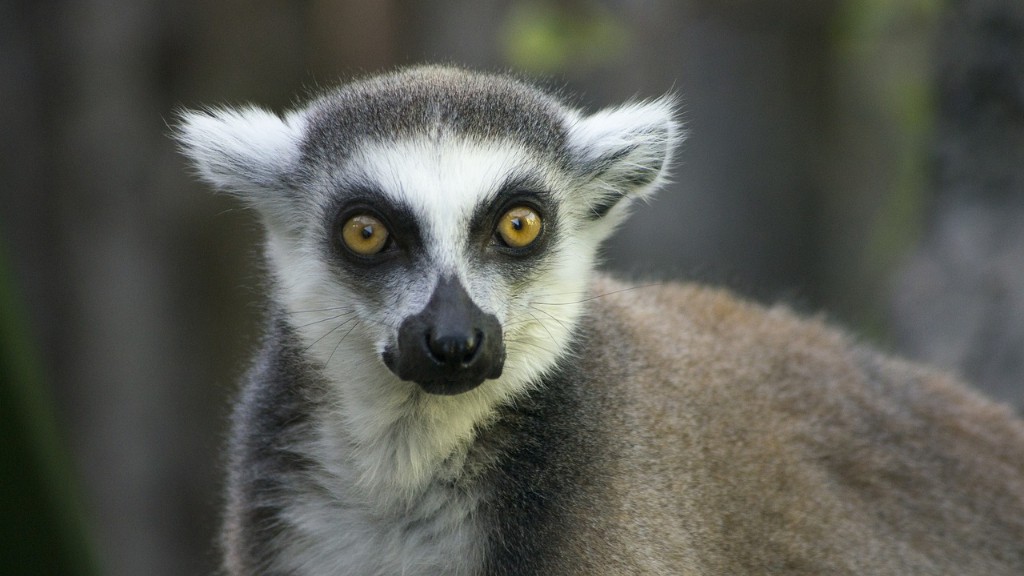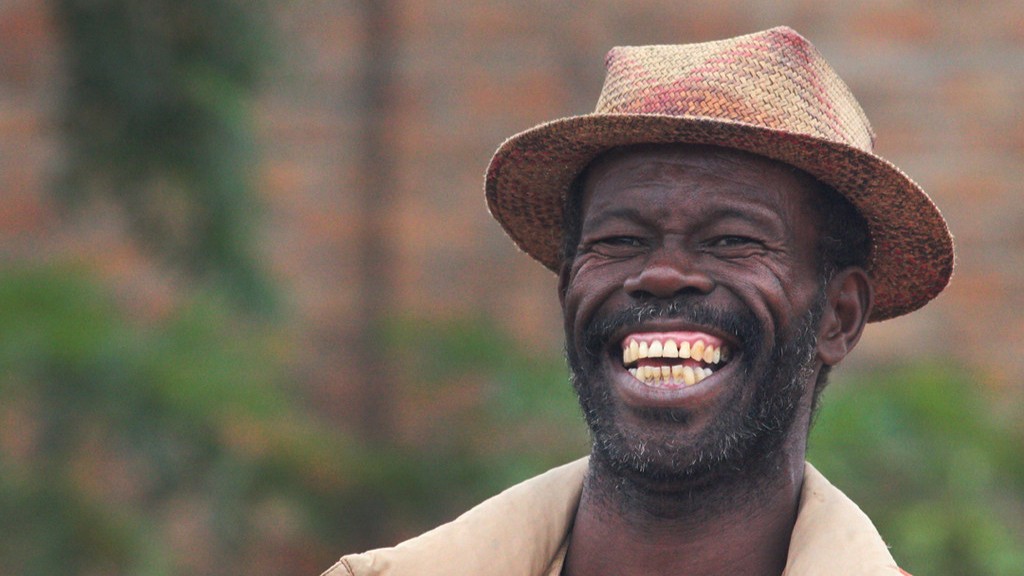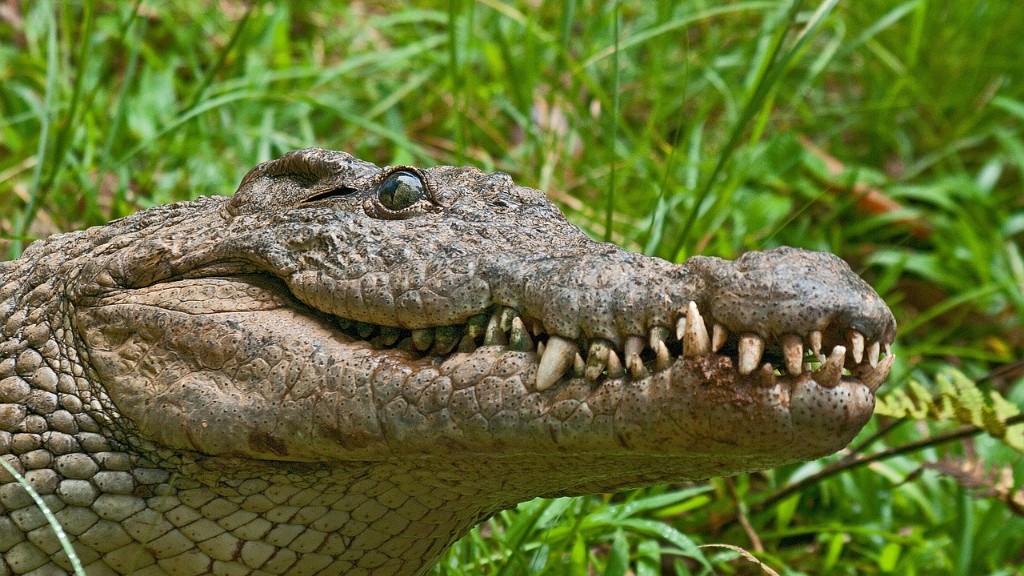Why is Vanilla Grown in Madagascar
Vanilla, the popular flavoring used in various culinary delights, has a deep-rooted connection with the island nation of Madagascar. The warm, tropical climate and fertile soil of this African country make it the perfect environment for growing vanilla orchids. Madagascar’s unique combination of natural conditions and skilled farmers has propelled it to become the world’s leading producer of vanilla, supplying over 80% of the global market demand.
The Origins of Vanilla in Madagascar
Vanilla originally comes from Mexico and belongs to the orchid family. It was brought to Madagascar in the early 19th century when Edmond Albius, a young slave, discovered the natural process of hand-pollinating vanilla orchids. This breakthrough revolutionized vanilla cultivation and established Madagascar as the primary producer of this sought-after spice.
The island’s fertile valleys and humid climate create the ideal setting for growing vanilla. The plant thrives in temperatures between 77°F and 95°F (25°C and 35°C) with high humidity levels. Madagascar’s coastal regions offer these optimal conditions, providing an environment where vanilla can grow and bear fruit along the vines. The island’s unique blend of coastal winds, rainfall, and volcanic soil further enhances the flavor profile, making Madagascar vanilla highly prized.
The Economic Impact of Vanilla in Madagascar
Vanilla has become a cornerstone of Madagascar’s economy, providing vital income and employment opportunities for local communities. The industry supports over 80,000 small-scale farmers across the country, many of whom rely solely on vanilla production for their livelihoods. The vanilla trade generates significant foreign exchange earnings for Madagascar, contributing to economic growth and development.
However, the vanilla sector is not without its challenges. The price of vanilla fluctuates dramatically in the international market, impacting the income of farmers who depend on its cultivation. Additionally, the industry faces threats from natural disasters, such as cyclones, which can devastate entire crops and disrupt the vanilla supply chain.
Environmental Sustainability and Ethical Practices
Maintaining sustainable and ethical practices is essential for the long-term viability of the vanilla industry in Madagascar. In recent years, there has been increased focus on improving farming techniques to reduce environmental impacts and ensure the fair treatment of farmers.
Organizations such as the Sustainable Vanilla Initiative (SVI) have been working to promote sustainable vanilla production, support farmers, and combat issues like deforestation and child labor. SVI’s initiatives aim to create a more transparent and equitable vanilla supply chain, ensuring consumers can enjoy their vanilla products with confidence.
The Culinary World’s Love Affair with Madagascar Vanilla
Madagascar vanilla’s superior flavor and aroma have made it the vanilla of choice for chefs, pastry artists, and food enthusiasts worldwide. Its rich, creamy, and slightly sweet taste profile elevates both sweet and savory dishes, making it versatile and highly desirable in the culinary world.
Professional chefs often specifically request Madagascar vanilla due to its superior quality. Whether it’s being used in ice creams, custards, cakes, or sauces, Madagascar vanilla imparts a distinct and unparalleled flavor that enhances the overall taste experience. This demand has driven its popularity and cemented Madagascar’s position as the leading producer in the global vanilla market.
The Future of Vanilla Farming in Madagascar
The future of vanilla farming in Madagascar relies on continued investment in sustainable practices, diversification of agricultural activities, and support for farmers. With a growing global demand for natural and authentic flavors, Madagascar’s vanilla industry has the potential to further expand and contribute to the country’s economic prosperity.
However, adapting to climate change, ensuring fair trade practices, and overcoming price volatility will be critical challenges for the industry to overcome. Collaboration between government, farmers, non-governmental organizations, and international partners will be essential in addressing these issues and securing a sustainable future for Madagascar’s vanilla sector.
The Cultural Significance of Vanilla in Madagascar
In addition to its economic importance, vanilla holds deep cultural significance in Madagascar. The Malagasy people have incorporated vanilla into various aspects of their traditions and rituals. Vanilla is used in traditional medicine, as a fragrant offering in ceremonies, and as a symbol of love and prosperity. The cultural bond between vanilla and the Malagasy people is a testament to the enduring legacy of this remarkable spice.
The Health Benefits of Vanilla
Vanilla not only delights our taste buds but may also offer various health benefits. It has antioxidant properties that can help protect the body against cellular damage caused by free radicals. Vanilla has also been linked to potential anti-inflammatory and anti-anxiety effects.
Furthermore, the aroma of vanilla is believed to have a calming effect on mood and stress levels. Its sweet scent is often used in aromatherapy to promote relaxation and improve overall well-being.
Vanilla in Popular Culture
Vanilla’s distinctive flavor and aroma have made it a beloved ingredient in popular culture. From perfumes and candles to soaps and lotions, vanilla’s warm and inviting scent is widely incorporated into various products. In the world of gastronomy, vanilla is a staple in baking and desserts, adding a touch of decadence and sophistication to our favorite treats.
Beyond its culinary uses, vanilla has also metaphorically entered our vocabulary, often connoting plainness or lack of excitement. However, true vanilla enthusiasts know that the complexity and richness of this spice are anything but dull.
Celebrating Vanilla’s Diversity
While Madagascar is renowned for its vanilla production, there are other regions worldwide, each with its unique terroir and flavor profiles. Vanilla is also grown in places like Tahiti, Mexico, and the Bourbon Islands. Exploring the distinct characteristics of vanilla from different origins can be a delightful and educational journey for any vanilla aficionado.




